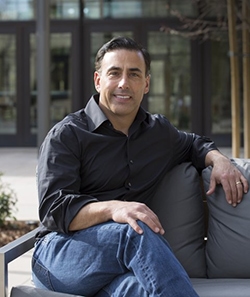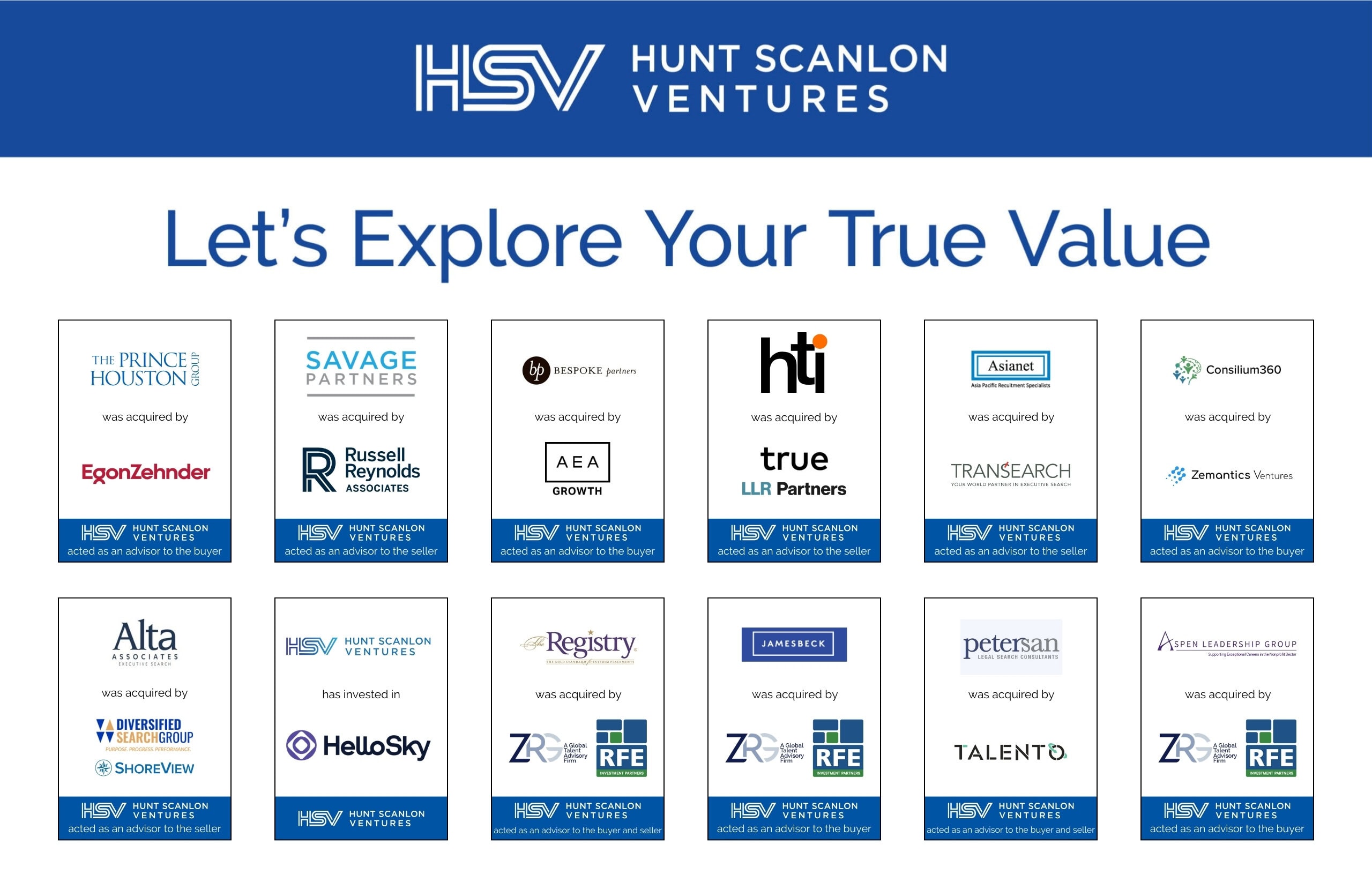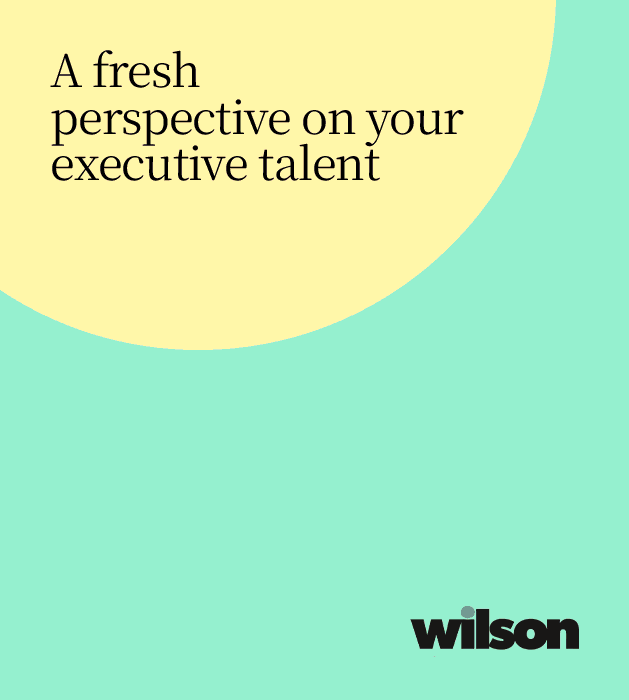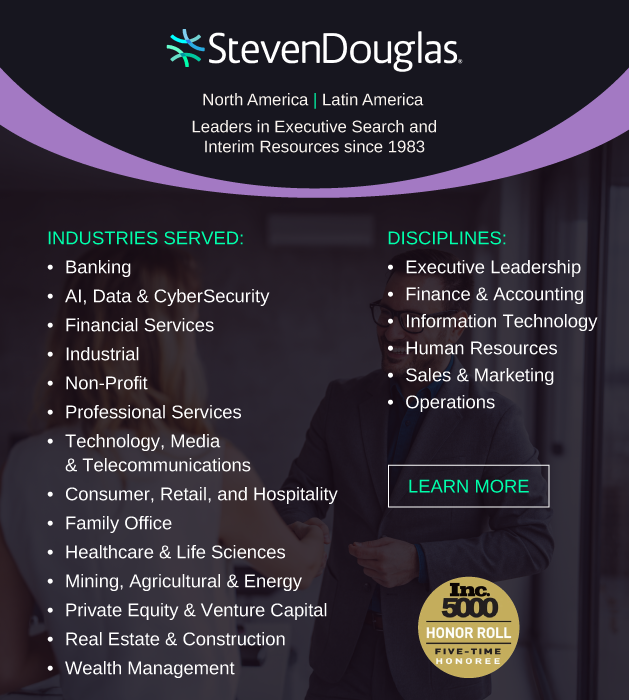Sergio Monsalve spearheads investment strategy for Roble Ventures, a firm he founded with the express purpose of helping entrepreneurs increase equity via human enablement technology. It is all part of a new ecosystem which is quickly gaining traction in the world of human capital investment.
Sergio has a proven track record as both an investor and an entrepreneur. During his 14-year term as a partner at Norwest Ventures, he was an early investor in several unicorns including Udemy, and Adaptive Insights. Outside his time at Norwest Sergio has put his money where his mouth is, making a personal investment in the wildly popular game-based learning platform Kahoot.
Sergio’s investment strategy is centered around DE&I – initially by investing in diverse firms – but on a larger scale by investing in technology that empowers a new wave of human potential across society. “We believe that this is not just a smart way to invest, but a movement to bring some much-needed empathy and human-centric benefits back into venture capital,” he told ExitUp in a recent conversation.
When Sergio isn’t busy adding to his impressive investment portfolio he serves as a professor and mentor to young entrepreneurs at his alma mater, Stanford University. He is an expert in both human capital and the technologies which will unlock our full potential.
Below are excerpts from a recent discussion with Sergio that we think you’ll find fascinating.

Sergio, talk to us about the importance of human enablement technologies in today’s world.
The technological miracles we’ve created have simultaneously empowered and necessitated the creation of human enablement technology. When you take a look at corporate America you see a three percent unemployment rate, but there are hundreds of thousands of jobs that are left unfilled because people lack the skills necessary for the next generation of jobs. If you look at the number of unfilled positions and fill them, you come up with a negative unemployment rate. In order for this system to function optimally and equitably we must empower people from all walks of life to participate in the new economy. Enter human enablement tech.
How can human enablement tech increase equity for the individual?
The unprecedented rate at which our new system has taken form has led to increased economic inequity. While a rising tide does lift all boats, in this case they aren’t all lifted at the same pace. Those with the right connections who are digitally able have gained comparatively much more. This happens all the time when there’s a boom, the haves get more and the have nots less. By investing in human enablement, we hope to create a more equitable system. This will ensure that a greater share of society gets their fair share of the economic benefits of the digital transformation. A good example is one of my bellwether companies, Udemy. By creating a platform around lifelong learning we essentially created a market in which there was no incumbent. On the supply side we created a model where you have great teachers being treated like heroes, and in some cases literally making millions of dollars. On the demand side we’ve given people access to courses which they can use to upskill or reskill themselves. This is of paramount importance considering the rate of change in our new system. Learning can no longer be limited to our early lives. The new system will require everyone to reskill throughout their lives or become obsolete.
“Some of the greatest companies have come from bad ideas, or from obvious ideas, and succeeded entirely because of the people managing them. In venture three ingredients are critical: capital, ideas and people. Relatively speaking, capital and ideas are abundant in comparison to finding the right people.”
What technology excites you most with both its capacity to have an impact, and its investment potential?
I’m incredibly excited about AI and its potential applications in the corporate learning environment, HR Tech and in education. I find generative AI particularly interesting although I’m still trying to figure it out. With any new technology there’s a ton of hype and there’s a lot of disappointment. Right now, we’re in the midst of that hype cycle, but it’s moving very quickly. We’ve seen this cycle play out many times before, two years ago we saw it play out with the metaverse. Now that tech is stabilizing into something normal. Crypto went through the same thing, and the internet itself went through this cycle in the early 2000s. I think the difference for AI is that we’re going through this hype cycle much faster than we have in the past. People are getting so excited about the potential applications of chat GPT for instance. I think in the next couple of years we’ll see the hype die down, and people will be disappointed that this new tech didn’t change everything overnight. People get ahead of themselves, but if you really look long term this tech is bound to create incredible opportunities.
What are some of your investment goals in this space?
For this question I want to back up a little. This industry was built with a Tech Centric approach. Investments take place within technological niches. There are all kinds of thematic or specific funds that focus on a product or a technology. This approach places the specific tech at the center rather than the customer. Our goal, as a human enablement focused venture fund, is to reshape this industry so we look more at the benefits that technology brings to individuals. From this perspective we can invest in all sorts of different technologies. All our portfolio companies share a common goal, enabling humans to be much more productive much more enabled and much more actualized. Right now, we see human enablement as being about socio-economic enablement. We recognize this is not full enablement, but this is our focus initially. The vision of human enablement is ensuring that as many people as possible regardless of race, background, or gender benefit from the digital transformation taking place in the world. Technology has the capacity to increase DE&I and create more efficient systems in the process, our portfolio companies enable this change.
With this as a guiding philosophy, what type of companies do you look at?
We invest in three types of companies under the human enablement umbrella. The first creates technology which increases the transparency of a meritocracy. This leads to flatter organizations where anybody that has a voice, and a good idea can be heard and move up. The second type of company we work with creates tech for skills development, with a focus on upgrading skills, and/or re-skilling workers. We firmly believe education cannot be a five-year-old to 21-year-old endeavor. We need to think about how people are going to re-educate themselves, so they don’t get obsoleted in this fast-moving economy. The third piece of this puzzle is creating more jobs through employment platforms that challenge our traditional understanding of the workplace. By empowering people to work in personalized environments you enable more people to work and increase inclusivity. Traditional office environments prevent many people from working, for instance if they have a child at home or have a disability. Platforms which enable flexibility in the work environment increase diversity in the work force. By focusing our investments in these three silos we hope to increase equity in the digital transformation.
What has been the biggest change in your investment strategy? To what extent has your previous success informed this change?
I’ve learned more from my failures than from my successes. When I first started investing my background was on the operations side, actually making products and bringing them to market. Coming from that background, I took the value of the right entrepreneur for granted. I focused a lot on the business model and the product early on in my career. When I look back at my failures from that time, they have more to do with the team I was investing in than the product itself. The realization I had was that teams matter most. What doesn’t matter as much is having the perfect product or even the right business model on day one. The right entrepreneur will make adjustments to get there. While I think we have the right entrepreneur in the majority of our portfolio companies at Roble, it’s unclear whether or not we have the right product yet. You’re always likely to pivot in some way. Having a team that is able to do so is essential.
“The vision of human enablement is ensuring that as many people as possible regardless of race, background, or gender benefit from the digital transformation taking place in the world. Technology has the capacity to increase DE&I and create more efficient systems in the process, our portfolio companies enable this change.”
What do you look for when investing in an entrepreneur?
There is an art in being a great entrepreneur, you need to be incredibly persistent but also adaptable, traits which are almost orthogonal to each other. People who are able to find this counterbalance are truly one in a million. That’s why a ton of our time sourcing is spent making sure we’ve found people who are able to walk that tight rope. Some of the greatest companies have come from bad ideas, or from obvious ideas, and succeeded entirely because of the people managing them. In venture three ingredients are critical: capital, ideas and people. Relatively speaking, capital and ideas are abundant in comparison to finding the right people.
Have you found that more diverse boards yield greater returns?
Absolutely, 100%. The way boards usually get formed is the most outrageously crappy way to build a group that is supposed to make big decisions. And often, once someone is on the board, it’s essentially a permanent role, at least until you go public or sell the company. When raising funds in VC, large investors are likely to demand board seats. By the time you’re at IPO or pre-IPO you probably have six to eight investors on the board that all come from the same industry, and most likely share a similar background that the industry typically hires from.
“When I look back at my failures from that time, they have more to do with the team I was investing in than the product itself. The realization I had was that teams matter most. What doesn’t matter as much is having the perfect product or even the right business model on day one. The right entrepreneur will make adjustments to get there.”
How does this affect the conversational dynamic of a board?
Generally speaking, these people will share the same biases, creating an echo chamber. Forming a board in this way does not allow for productive discussions and prevents the group from arriving at the best possible answer. I’ve seen this process play out firsthand and witnessed the dysfunction it leads to. For this reason, we’ve started to intervene before the board is formed or as the board is being formed. We try to create a strong roadmap to follow throughout the board creation process. People invest tons of time getting the right executives in the C-suite, but all those people can be changed if the company shifts trajectory. You can’t change out a board; this makes getting it right on the first go incredibly important.
Do you believe that over utilizing technology in education could make it more difficult to teach inherently human skills?
I believe that tools are just tools. There are proper applications and improper applications. Issues don’t arise from overuse so much as misuse. When used in the right way technology can certainly enhance a teacher’s ability to teach human skills like compassion, empathy and courage. We see tech as an aid for teachers, that has the potential to remove lots administrative tasks from their workload, like grading papers, building syllabi and evaluating student behavior. Education tech can free them up to spend more time connecting with their students, rather than having to focus on the administrative upkeep of the classroom.
So, you don’t think technology could ever replace teachers?
No, certainly not. I recently read a study from Oxford that discussed the human roles that technology will have the hardest time replacing. Resoundingly, the study showed that roles like nurses and teachers will be safe from technological replacement, at least in the short term. For these roles technologies primary effect will be removing the menial labor from the job. Enabling the worker to focus on the irreplaceable human connection they provide. I’m also very passionate about technology’s capacity to make education fun and therefore more accessible. Education is viewed in our culture as an undertaking with delayed gratification. Unfortunately, a very small percentage of students are able to stay motivated in this way. When you make education fun, like we did at Kahoot, you allow teachers to motivate a wider section of the classroom.
Article By

Caleb Edmundson
Caleb A. Edmundson is Editor-in-Chief of ExitUp, the investment blog from Hunt Scanlon Ventures designed for professionals across the human capital M&A sector. Caleb serves as an Associate for Hunt Scanlon Ventures, providing robust industry research to support the firm’s investment group. Connect with Caleb.






